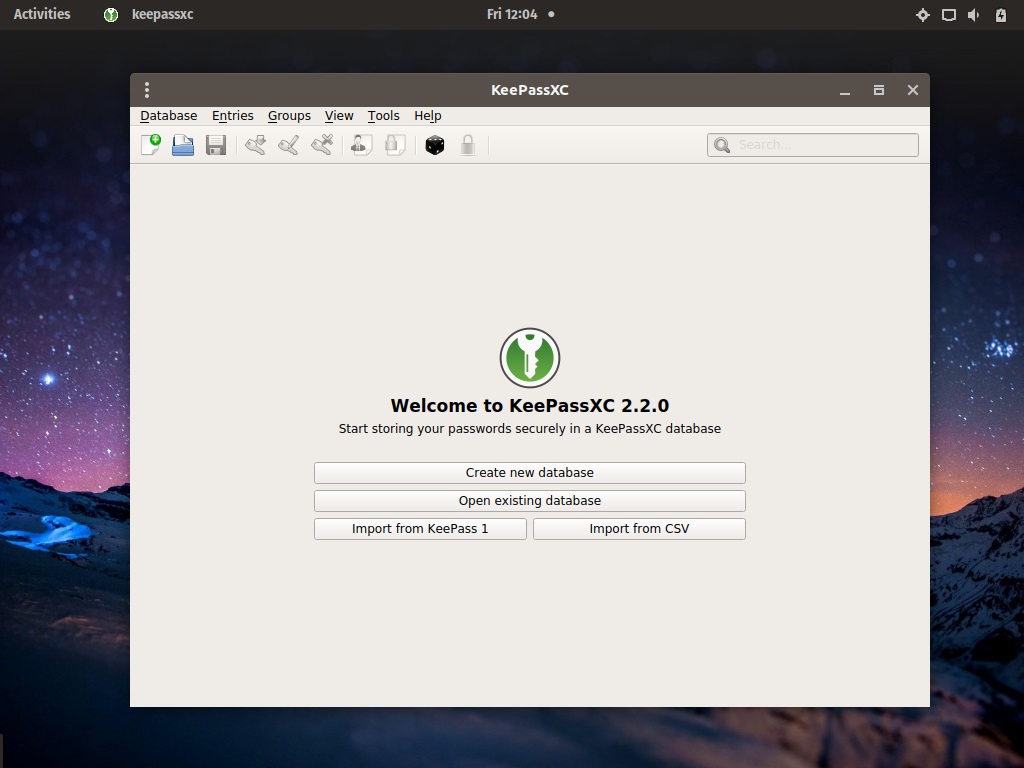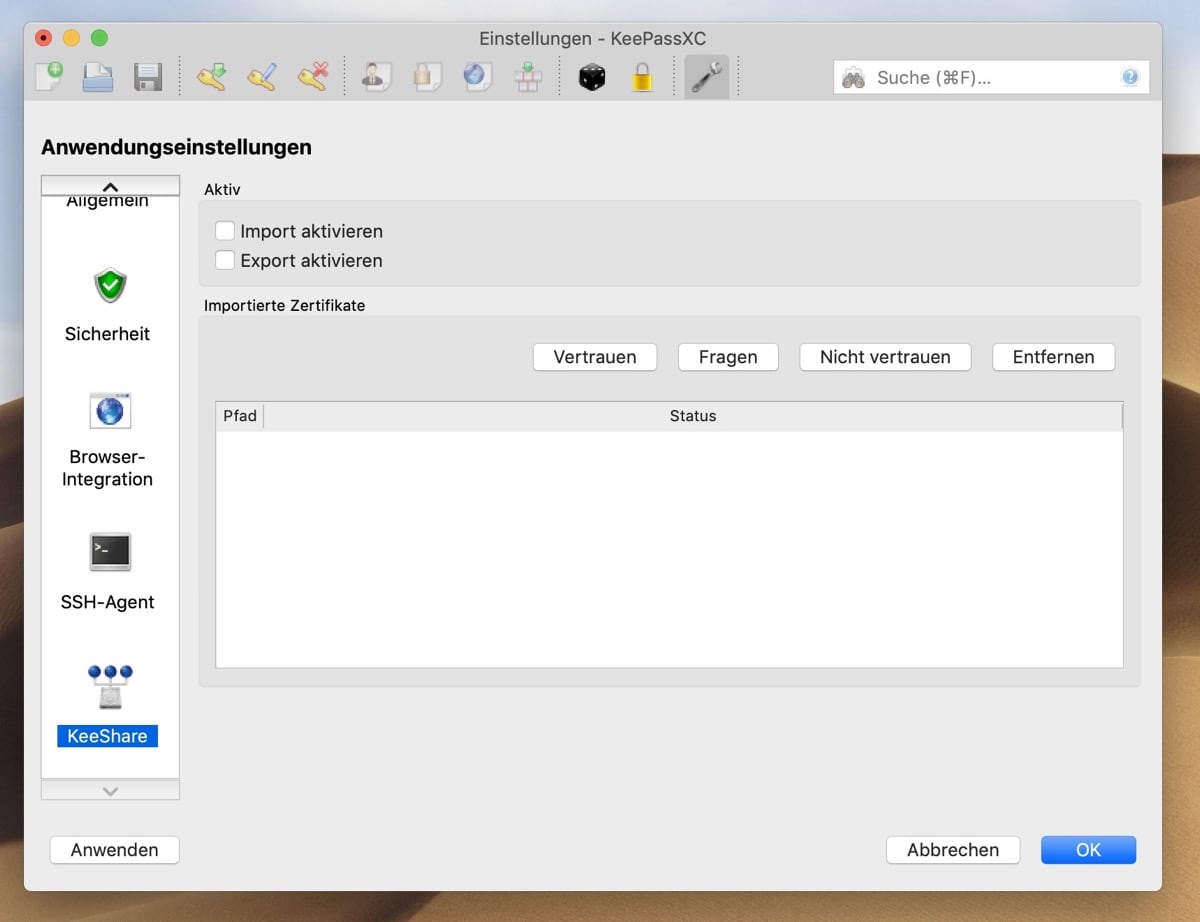

The developer was able to persuade the trainers that the ‘user personas’ they created, and other forms of feedback, were critical for the tool’s improvement. The following year, one of the KeePassXC developers took the opportunity to spend time with a group of USABLE’s digital security trainers from the Eastern Europe / Eurasia region, calling into the UX Workshop for an ‘Ask Me Anything’ session.īefore the call, trainers were unconvinced that developers were really interested in feedback, and were skeptical about whether their input would really be considered. This kind of ongoing, expert support would not have been available to KeePassXC outside the project. Not only did the session enable the developers to understand this problem, but several participants offered to test updated versions of the tool, as volunteers. Although KeePassX was translated into Spanish, it didn’t work with the screen reader: either an item was completely inaccessible, or the reader read the Spanish text in English – often with a Spanish accent. Participants were able to install the software and carry out basic tasks, but navigation using a screen reader was difficult.

The purpose of this was to test the tool’s usability for people with visual impairments.

In 2016, the USABLE Tool Feedback Training in Mexico City held a session on KeePassX (XC’s predecessor), with participants using screen readers. We never heard from people with disabilities, so we weren’t making improvements with them in mind.” “We don’t keep track of who uses KeePassXC. Jonathan, one of the developers, explained that before USABLE, accessibility and usability were not priorities for the team: KeePassXC is a free, open-source tool that allows users to store and retrieve passwords safely and securely, on a range of platforms. Accessibility Lab’s mission is to promote and defend digital rights, so that all people have equal access to information.


 0 kommentar(er)
0 kommentar(er)
